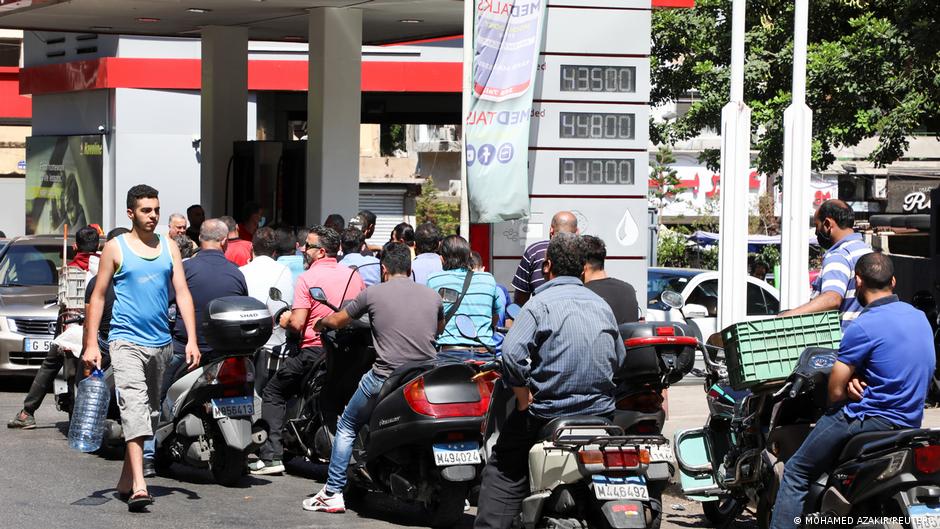Lebanon: Central bank decision to end fuel subsidy sparks new political row
Lebanese President Michel Aoun summoned Central Bank Governor Road Salameh on Thursday, a day after the bank’s decision to effectively lift subsidies for fuel imports.
The central bank announced late Wednesday that it would offer credit lines to fuel importers based on the market price of the Lebanese pound from Thursday.
Since the onset of the financial crisis in 2019, the central bank has been effectively subsidizing fuel imports by using its US dollar-based foreign exchange reserves at the official exchange rate, which is much lower than the rates on the black market. The practice has been draining the country’s reserve.
The decision to switch to the market rate rather then remain at the subsidized rate is likely to send fuel prices soaring in a country that is already facing a crippling financial crisis. The crisis has reduced the Lebanese pound’s value by 90% in less than two years and pushed more than half the population into poverty.
Lebanon’s caretaker government said the central bank governor’s unilateral decision to end fuel subsidy contradicted a law issued by parliament in June to roll out financial aid to Lebanese in the form of a cash card. Financing for this law has yet to be put in place.
Caretaker prime minister Hassan Diab called an urgent Cabinet meeting for Thursday afternoon to discuss the decision, his office said.
“It is a decision that contravenes the law,” Diab said on Twitter, referring to the June law. “Its damages are much greater than the gains of protecting the obligatory reserves in the central bank.”
Impact of ending fuel subsidy
The end of fuel subsidy spells more hardship in the coming days for people who are already facing an unfolding energy crisis.
Fuel shortages have plunged the country into hours of darkness, threatened hospitals and businesses with shutdowns and sparked deadly violence among consumers and motorists looking for fuel.
The shortages have been blamed on smuggling, hoarding, and the government’s inability to secure deliveries of imported fuel.
The fuel subsidy should also alleviate the shortages as there is no longer an incentive to smuggle and hoard heavily subsidized fuel, Nassib Ghobril, chief economist at Byblos Bank told Reuters news agency.
Until Wednesday, the central bank had been extending credit for fuel imports at a rate of 3,900 Lebanese pounds to the US dollar, compared with a black market rate of more than 20,000 pounds.
In the last month, the central bank said that it had spent more than $800 million on fuel.
Meanwhile, it said the bill for medicines had multiplied, and those goods were still absent from the open market, adding that they were being sold at prices that exceed their value.
“This proves the necessity of moving from subsidizing commodities, which benefits traders and monopolists, to supporting citizens directly,” the bank said.
For all the latest world News Click Here

